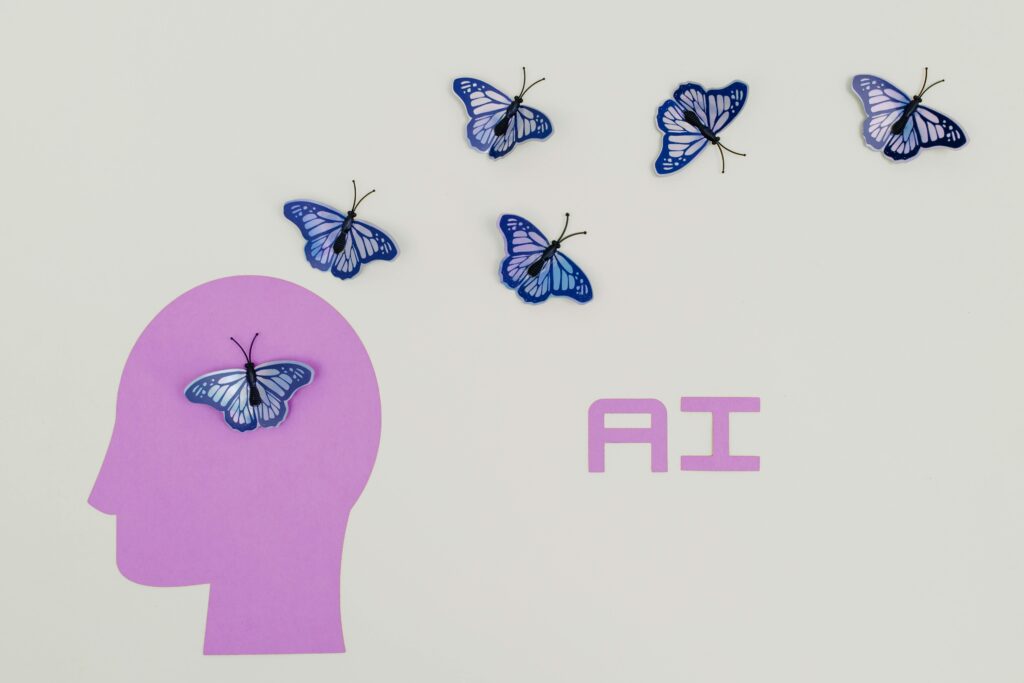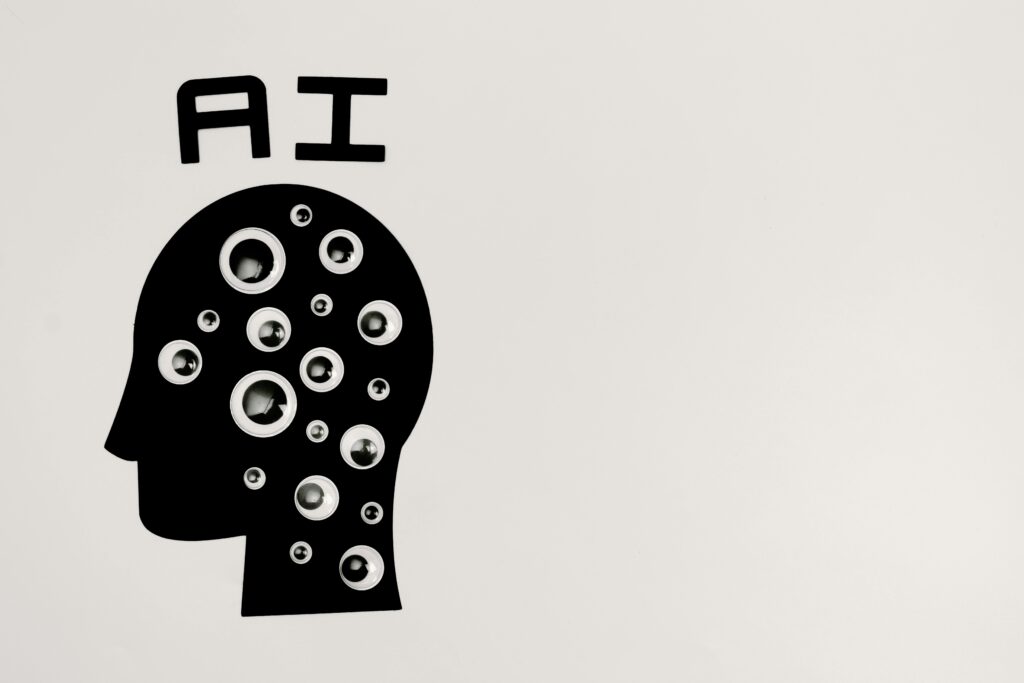


Artificial intelligence: Friend or foe
The truth lies in between. AI is already affecting many people by helping them get work done more quickly and efficiently. It’s doing so by enhancing decision-making, communication, collaboration and other skills. At the same time, mass disruption of the labour market is expected in the near future.
Can AI be a good friend?
It may not be realistic to expect to be best friends with a robot or AI companion, Helen Ryland, associate lecturer at the UK-based Open University, tells me, but it’s conceivable that we can have some degree of friendship with a robot or AI companion. “This relationship could have genuine social benefits,” she says.
Table of Contents
ToggleFriend or foe? Here's what workers think
As to the World Economic Forum’s 2023 Future of occupations Report, a mixture of newly created and removed functions will cause churn, affecting 23 percent of occupations over the next five years. While individuals who are impacted by it may find the rapid advancement of AI unsettling, it is ultimately good for the world economy and is, like all new technology, fascinating and frightening.
Even among the workers around the world, there is broad consensus. According to a recent Randstad Workmonitor Pulse survey, 52% of employees think AI will advance their careers and assist them get promoted rather than cause them to lose their employment. Furthermore, compared to 39% who are concerned, 47% are enthusiastic about the possibility of AI being used in the workplace.
Four strategies to get workers ready for AI
- Education and growth
Concerns about how AI will affect their professions have people feeling both anxious and thrilled. It is imperative that policymakers, employers, and workers comprehend the ways in which technology will impact their respective interests and devise suitable approaches and manoeuvres. Expert regiments need to concentrate on the application of AI, its ethical constraints, and where to apply it. Such initiatives to assist people in assuming new responsibilities and jobs must be guided by effective change management. - Changing the definition of work
The way we view work will be significantly altered by AI. Though it can be linear and sequential now, artificial intelligence (AI) will carry out activities concurrently at unfathomable rates and scales. This implies that in order for individuals to concentrate on higher-value jobs that cannot be automated, the work they currently do needs to be reorganized. Organizations must also reconsider how to best leverage cutting-edge tools to enhance human talents. AI technologies, for instance, can free up doctors by doing time-consuming activities like transcribing notes and entering and arranging patient data onto portals. Every organization must investigate the potential of both present and emerging technologies. - Change in employment
Over the next five years, a large number of employment will be affected by labor market turbulence; therefore, employers and legislators will need to work together to support impacted people in adapting. Considerable assistance is required, whether it takes the form of upskilling or redeployment. Determine which skill clusters a person fits into and move them to the cluster’s growth regions. Similarly, displaced workers may find a new career path by identifying other industries that require their abilities. - Social safety nets
Social safeguards need to be in place for those who are unable to change into new roles. Even the most vocal proponents of AI have expressed concerns about how it may affect employment and income loss, particularly for those who are perceived as lower skilled. There may be some financial upheavals for even individuals who are able to change occupations and fields of work. Governments and employers should offer long-term benefits in addition to bridge assistance. Preventing a large-scale loss of jobs is essential to the future acceptance and use of AI.


Which is good it or artificial intelligence?
AI and IT are expanding industries with specialised work opportunities. IT focuses on enhancing communication and information access, whereas AI focuses on machine learning. The decision of artificial intelligence vs information relies on the individual’s interests, skills, and professional ambitions.

Is artificial intelligence a boon or ban?
Artificial intelligence (AI) is a tool. Like any tool, it can be used for good or bad. It can potentially solve some of the world’s most pressing problems, such as climate change, poverty, and disease. However, it also has the potential to be misused, leading to job losses, social inequality, and even war.
Is AI harmful in future?
Overreliance on AI systems may lead to a loss of creativity, critical thinking skills, and human intuition. Striking a balance between AI-assisted decision-making and human input is vital to preserving our cognitive abilities.

